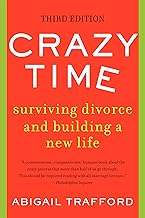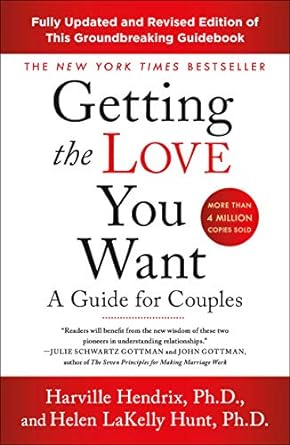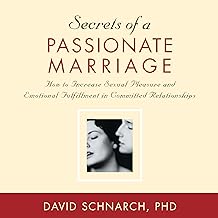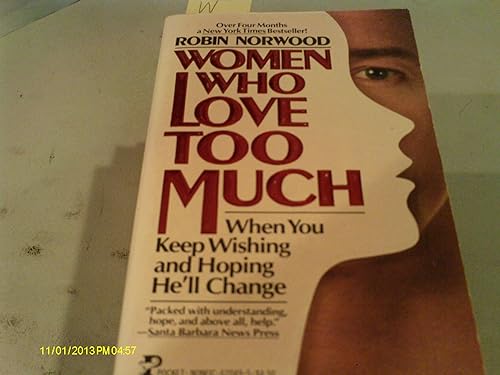Couples CAN communicate better with help. First we identify the habitual pattern of mutual hurt. Both partners play a role. Both need to identify the ways their interaction deteriorates. When someone spots the discussion going astray, that one needs to respectfully suggest time out. Then suggest a later time to resume talking more rationally.
In the beginning we believe we have found our other half, the partner who completes us, who fills in the missing pieces.
Time passes. We note gaps. The partner has variations we did not expect. He or she does not always appreciate who we are, does not understand our needs or accept our limitations, does not always comfort us in our need. Our other half may resist, complain, withdraw. We both fall into mutual protest, or one of us protests while the other one flees. The worst is when both give up and silence takes over.
Treating each other respectfully takes thought, self-control and practice. Words can be destructive and may never be forgotten. We may drift into addressing our loved-one in terms and tones we would never use with a stranger. With help, couples can communicate better.
Careful listening is key for couples to build communication. Responsive listening, especially reflection of feelings, is the most helpful. Try to put yourself in his or her place. Try to hear his or her history, hurts, scars. You might well think and act differently in similar circumstances. Even so, can you hear what makes him tick? Completely “getting it” is impossible. Trying counts for a lot. Couples CAN communicate.
Reserve an hour and a half to talk it through, especially for your first appointment.
RESOURCES:

- After the Affair, or How Can I Forgive You (and sequels), by Janis Spring
- Crazy Time: Surviving Divorce . . . , by Abigail Trafford
- Divorce Busting, by Michelle Weiner-Davis
- Getting the Love You Want, by Harville Hendrix
- Hold Me Tight, by Sue Johnson
- Rebuilding: When Your Relationship Ends, by Bruce Fisher & Robert Alberti
- The Five Love Languages, by Gary Chapman
- The New Rules of Marriage, by Terrence Real
- The Seven Principles for Making Marriage Work, by Gottman and Silver
- Too Good to Leave, Too Bad to Stay, by Mira Kirshenbaum
- The High Conflict Couple, by Alan Fruzzetti and Marsha Linehan
- Infidelity: Esther Perel: rethinking_infidelity_a_talk_for_anyone_who_has_ever_loved
- Weekend marriage workshops, interfaith church sponsored: retrouvaille.org
SEXUAL ISSUES:
- For Yourself, by Lonnie Barbach
- Passionate Marriage: Keeping Love & Intimacy Alive in Committed Relationships, by Dr. David Schnarch
- Sensate Focus: sensate-focus.pdf
- Long Relationships: Esther Perel: the_secret_to_desire_in_a_long_term_relationship
GENERAL RELATIONSHIPS:
- Controlling People, by Patricia Evans
- Coping with Difficult People, by Robert M. Bramson, Ph.D.
- The Dance of Anger: a Woman’s Guide to Changing…Intimate Relationships, by Harriet Lerner
- Women Who Love Too Much, by Robin Norwood
- Getting to Yes with Yourself, by William Ury








